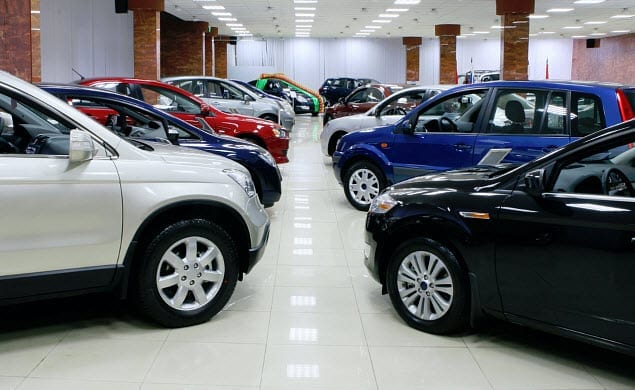Self-driving vehicles need legislative attention
Driverless vehicles could be a disruptor for the auto insurance market, but they will have to overcome several legislative hurdles before they can do so. When it comes to the law, self-driving cars become a very complicated matter. For instance, when such a car is involved in a collision, where the blame can be placed for the incident can be difficult to determine. This is something that auto insurance companies and lawmakers are grappling with.
Insurers are forming a better understanding of self-driving cars and the risks they represent
It may be several years before driverless cars become common on the roadways, but insurers and legislators are working to understand the legal issues that surround these vehicles now. They are doing so to prepare for potential issues that would emerge in the future. There are important questions to answer when it comes to driverless cars are liability, and the auto insurance sector is eager to have these questions answered.
Liability is beginning to shift when it comes to auto insurance
 According to Allianz, one of the largest insurers in Europe, 90% of road accidents are caused by human error, with only 10% of these accidents being associated with technical faults. In the case of driverless vehicles, determining where blame can lie in the event of an accident is becoming more important. Because self-driving cars are designed to operate themselves and avoid collisions, those riding in these vehicles may not be held liable for road accidents, unless they have the ability to take control of the vehicle and avoid a collision themselves. Those developing these self-driving cars could be held liable, as collisions would, essentially, come down to faulty autonomous systems that fail to perform adequately.
According to Allianz, one of the largest insurers in Europe, 90% of road accidents are caused by human error, with only 10% of these accidents being associated with technical faults. In the case of driverless vehicles, determining where blame can lie in the event of an accident is becoming more important. Because self-driving cars are designed to operate themselves and avoid collisions, those riding in these vehicles may not be held liable for road accidents, unless they have the ability to take control of the vehicle and avoid a collision themselves. Those developing these self-driving cars could be held liable, as collisions would, essentially, come down to faulty autonomous systems that fail to perform adequately.
Some autonomous systems help drivers avoid accidents
There are already systems being used in some new vehicles that provide aid to drivers. These systems help prevent accidents and insurers are beginning to use the data from these systems to better understand how driverless cars would work. Legislation will be needed for these vehicles to become popular, however, and this legislation will have to offer protection to consumers and auto insurance providers.
